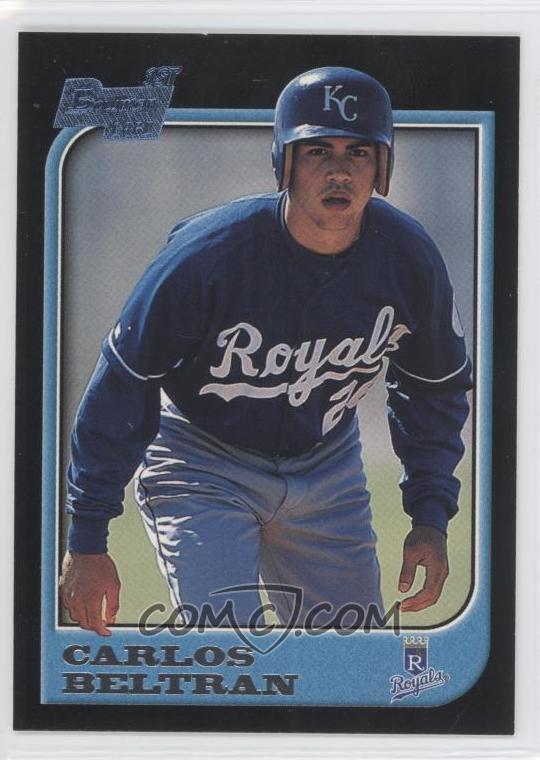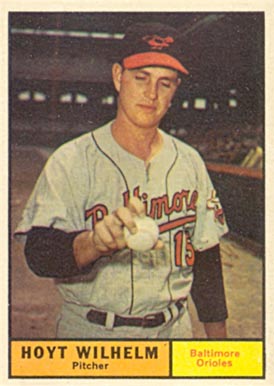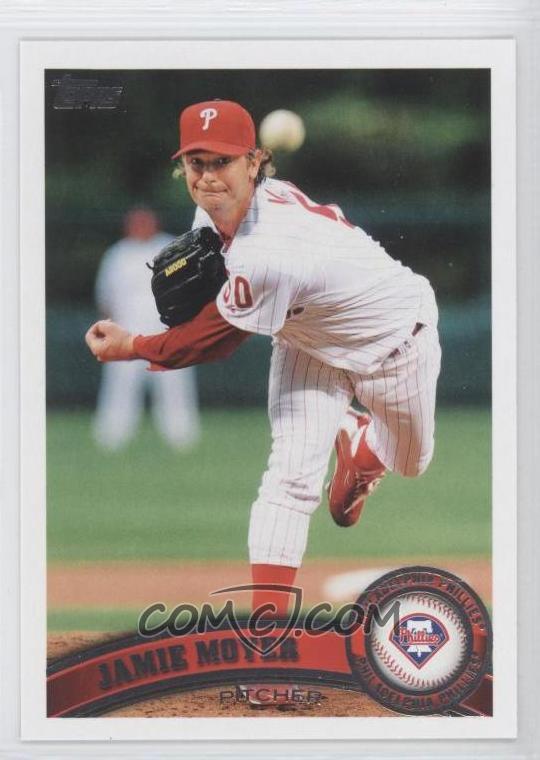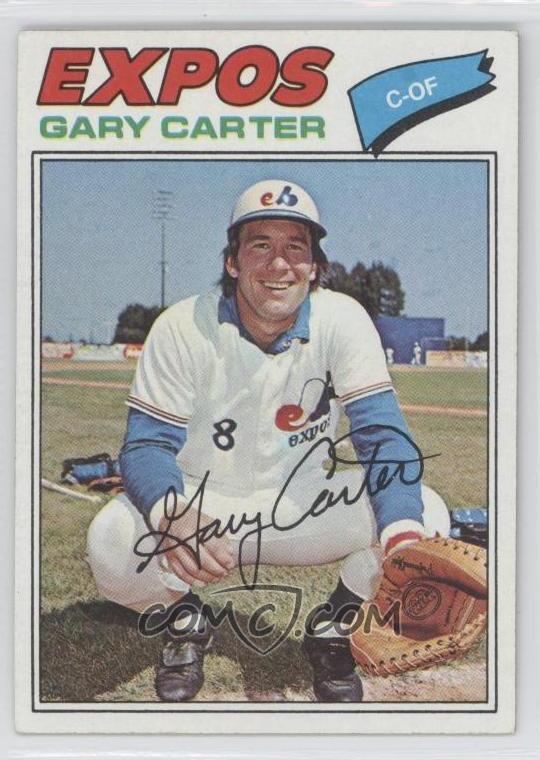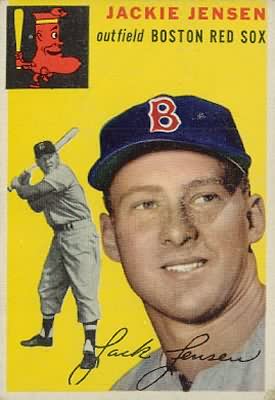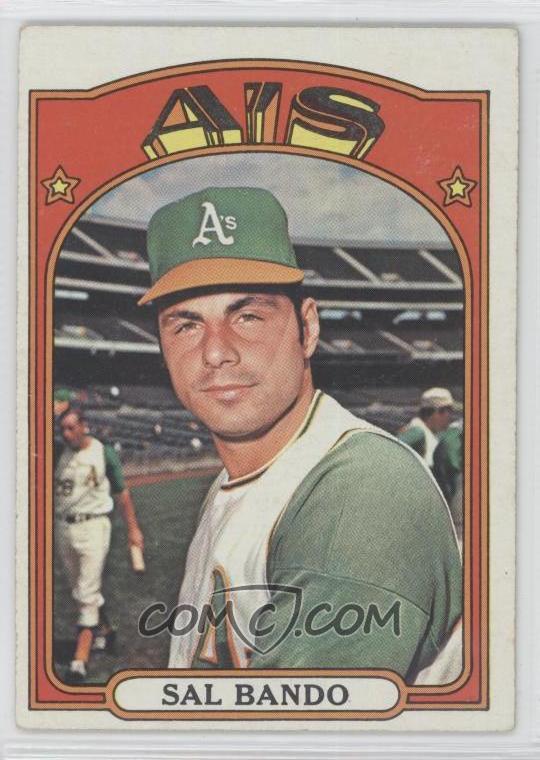Yesterday, as you'll recall from TCM's post this morning, Jon Heyman said some things that were basically untrue. Today, he opened his laptop again and relayed information that was patently, blatantly false in his post contending the Twins were consistently intimidated by the Yankees in their playoff losses. Take it away, Jon:
Ex-Twins star Torii Hunter said some Twins players were beaten before they started, which finally confirms what has long been suspected: that the Twins are intimidated by the Yankees.... Hunter recalled one 2004 ALDS game the Twins lost where they had a runner on third with one out, down a run against the great Yankees closer Mariano Rivera, and Twins manager called on a young righty hitters to bat against Rivera, and Hunter recalled that hitter turning down the pinch-hit assignment. "You need a righty hitter against Rivera with his cutter,'' Hunter recalled. But according to Hunter, Ford shook his head no. So Gardenhoire used another kid, Jason Kubel, a lefthanded hitter, who Hunter recalled getting jammed. "Kubel wasn't afraid, but he's a lefty hitter,'' Hunter said.That's a really compelling story, undone only by the small problem that it never happened. At least not like Torii Hunter said it did. Kubel never pinch hit against Rivera in 2004 (his first year in the Majors), and Lew Ford started three of the four games, and in the one he didn't start, Rivera faced six batters, and none of them were (or should have been) pinch hit for.




